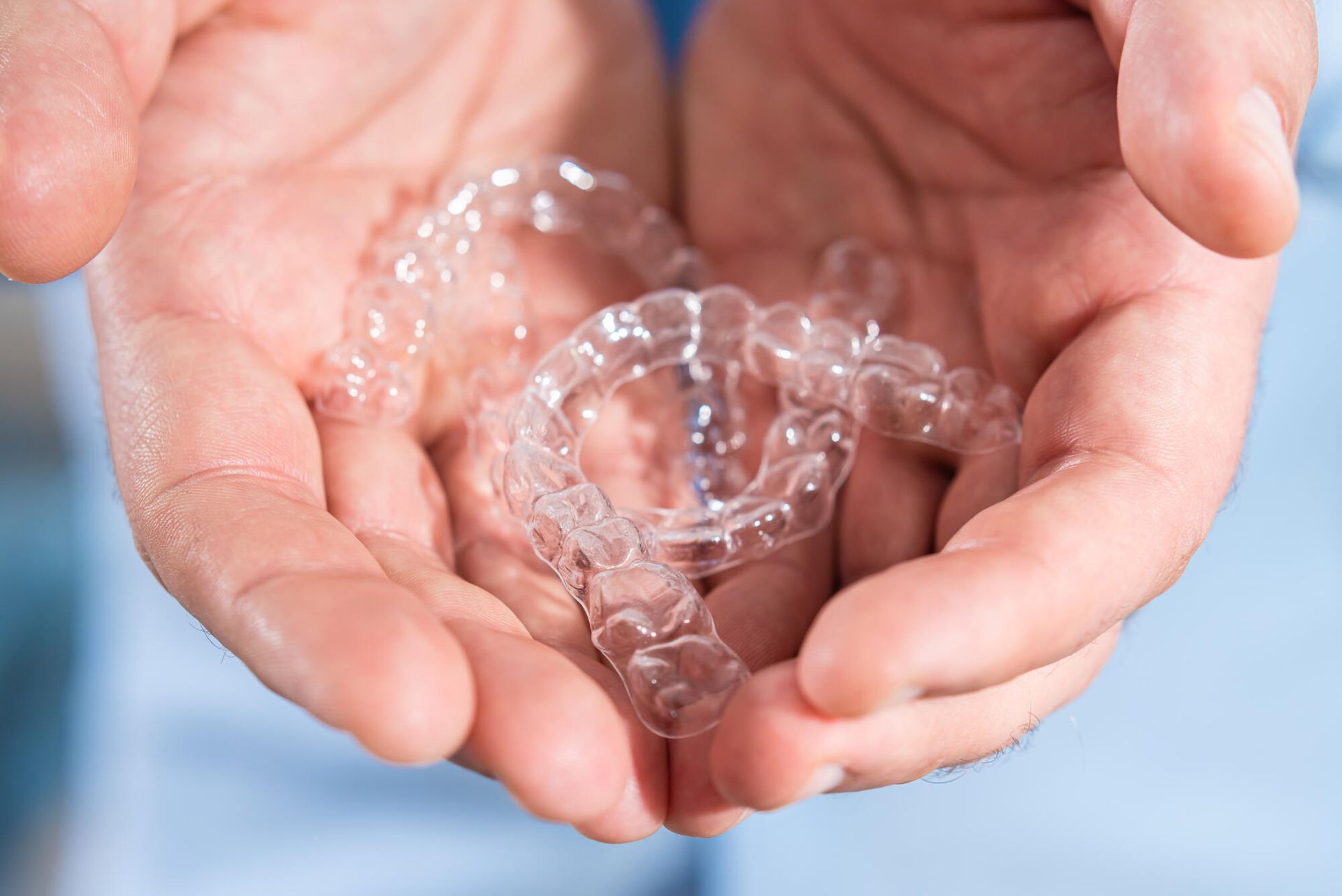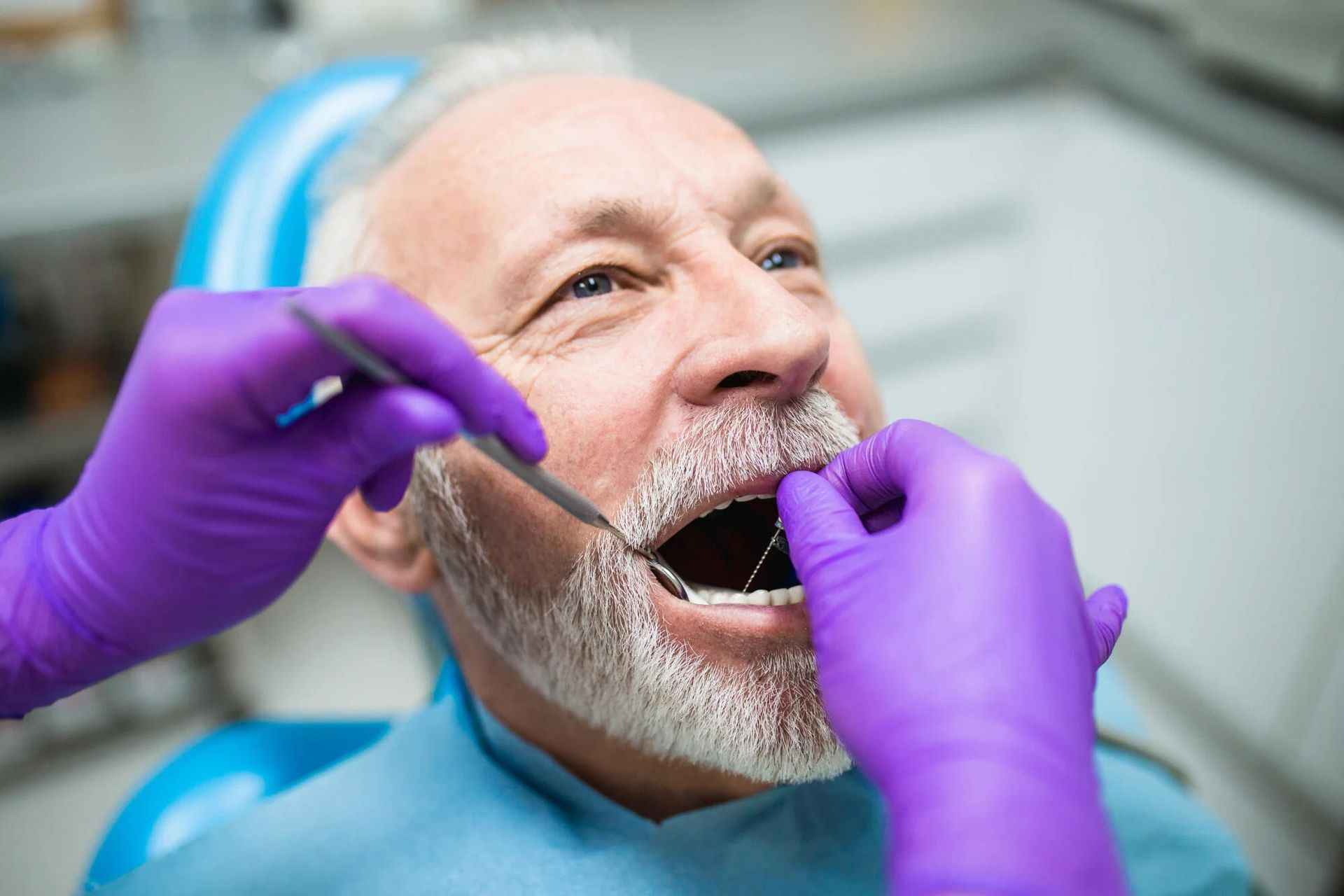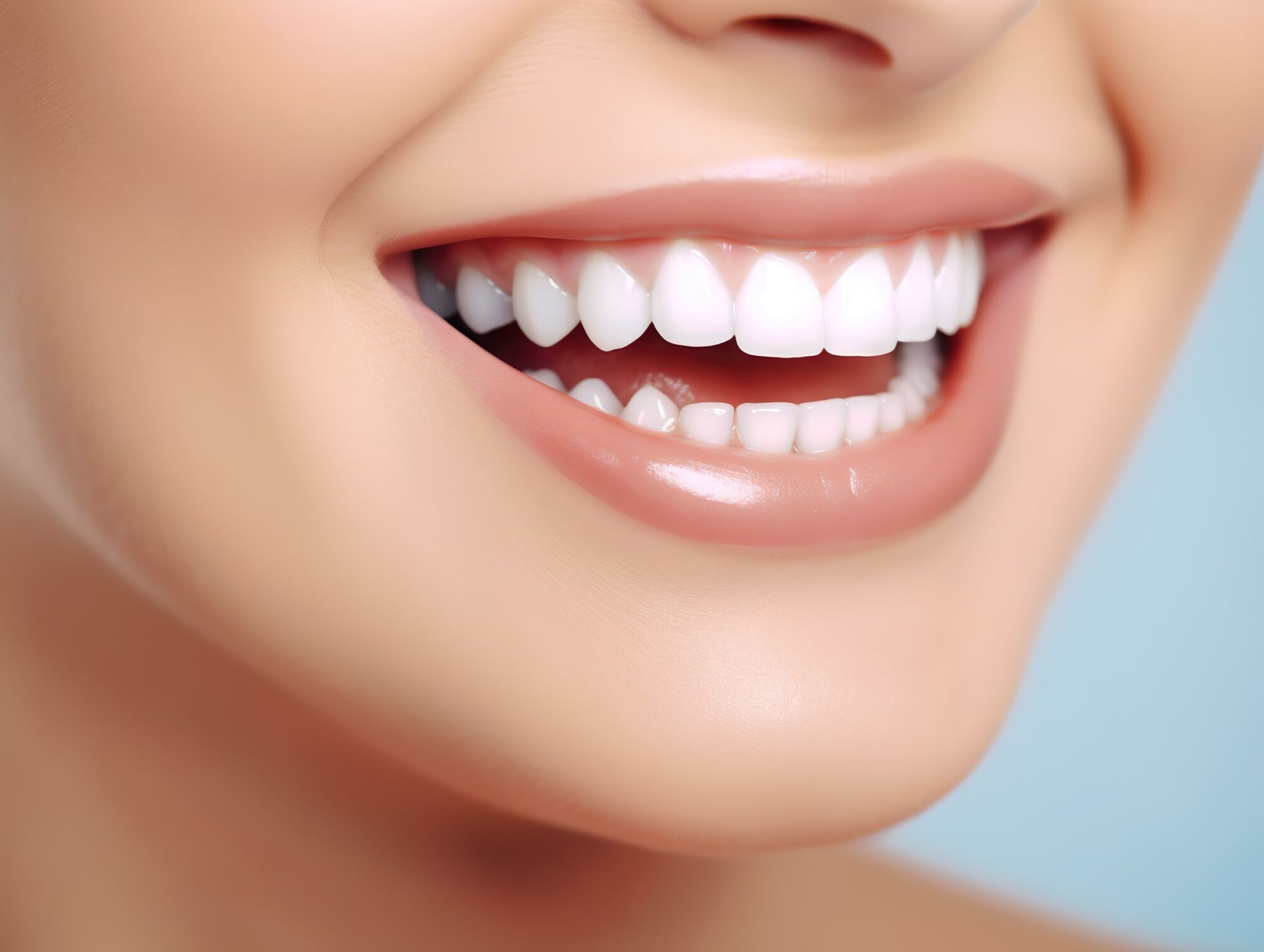Can You Reverse Gum Disease?
Are you worried about gum disease affecting your oral health? Gum disease is a common problem, with nearly half of all adults aged 30 and older showing signs of it. But can you reverse gum disease?
Let's take a closer look at possible gum disease treatments, tips for improving gum health, and how to prevent gingivitis.
Gum Disease Basics
Gum disease is a common issue affecting many adults. It starts with gingivitis, which is the mildest form. Gingivitis causes red, swollen gums that may bleed easily.
If left untreated, gingivitis can progress to periodontitis. In this more severe stage, the gums pull away from the teeth, forming pockets that become infected.
Plaque is a sticky film of bacteria that is the main cause of gum disease. If not removed through daily brushing and flossing, plaque hardens into tartar, which can only be removed by a dentist or dental hygienist.
Several factors contribute to gum disease. Poor oral hygiene is the most significant. However, smoking, diabetes, certain medications, and genetic susceptibility also play a role.
Hormonal changes in women, such as during pregnancy or menopause, can make gums more sensitive and vulnerable to disease. Certain conditions that reduce immunity, like cancer or HIV, can increase the risk of gum disease.
Symptoms of gum disease vary depending on its stage. You might notice bleeding gums in its early stages, especially when brushing or flossing.
Bad breath that won't go away, loose teeth, and changes in how your teeth fit together when you bite can all be signs of advancing gum disease. Recognizing these symptoms early and seeking dental care is crucial to prevent further damage.
Can You Reverse Gum Disease?
The possibility of reversing gum disease depends largely on its stage. In the early stages of gingivitis, it's possible to reverse the disease with proper care. Gingivitis is characterized by red, swollen gums that may bleed when you brush or floss.
Good oral hygiene practices can help at this stage. Brushing twice daily, flossing daily, and using an antibacterial mouthwash can reduce plaque buildup and inflammation. Regular dental check-ups and cleanings are also important.
When gum disease progresses to periodontitis, it becomes more challenging to reverse. Periodontitis occurs when the inner layer of the gum and bone pull away from the teeth, forming pockets that can become infected.
While you can't completely reverse this stage, you can manage it with different treatments. Deep cleanings, medications, and sometimes surgery are needed to control the infection and prevent further damage.
Early detection and treatment are key to managing gum disease. If you notice any signs of gum disease, such as bleeding gums or persistent bad breath, it's important to see a dentist right away.
Gum Disease Treatment
Treatment of gum disease often requires additional dental care. One of the most common treatments is deep cleaning, also known as scaling and root planing.
During this procedure, a dentist or dental hygienist removes plaque and tartar from above and below the gum line. This helps to clean the pockets formed by receding gums, promoting healing and preventing further infection. Sometimes, dentists may also use lasers to remove tartar and diseased tissue, which may make the process less invasive and can reduce recovery time, however the outcomes vary from patient to patient.
Antibiotics can also be used to treat gum disease. They can be applied directly to the gums or taken as pills to help control infection and reduce inflammation. In more advanced cases, surgery might be necessary.
Surgical options include flap surgery, where the gums are lifted back to remove tartar deposits, and bone and tissue grafts, which help regenerate damaged areas.
Regular dental visits are crucial for managing gum disease. Dentists can monitor your condition, perform cleanings, and adjust treatments as needed.
Dentistry on 88 in Bradford, Ontario, can assist you with many different gum treatments available to improve your gum health.
Another important aspect of treatment is maintaining good oral hygiene at home. Brushing and flossing regularly help remove plaque before it hardens into tartar. Using an antibacterial mouthwash can also help reduce the bacteria that cause gum disease.
Reversing Gum Recession
Gum recession happens when the gum tissue surrounding the teeth pulls back, exposing more of the tooth or its root. This can lead to sensitivity, increased risk of decay, and even tooth loss. Gum recession is often a result of advanced gum disease, aggressive brushing, or poor oral hygiene.
Treating gum recession involves several approaches. One common method is gum grafting, where a dentist takes tissue from another part of your mouth and attaches it to the affected area. This can help cover the exposed roots and protect them from further damage.
Another option is the use of regenerative procedures. These treatments encourage the body to naturally regenerate bone and tissue lost due to gum disease. Special membranes, grafts, or proteins are used to stimulate tissue growth.
Natural Gum Health Remedies
Many people look for natural ways to support their gum health. While these remedies shouldn't replace professional treatments, they can complement your oral care routine. Oil pulling is a practice where you swish oil (like coconut oil) in your mouth for several minutes. It may help reduce bacteria.
Aloe vera, known for its soothing properties, can be applied directly to the gums to reduce inflammation and discomfort. Drinking green tea is another natural option.
Maintaining a healthy diet is also important for your gums. Foods rich in vitamins C and D support gum health and help prevent gum disease.
Natural remedies can be effective, but they should be used alongside regular brushing, flossing, and dental check-ups. Combining these methods is advised, but ensure you get further clarification from a dentist.
Oral Hygiene Tips to Prevent Gum Disease
Reversing gum disease may be possible with appropriate care and treatment. Remember, early detection is key. You may be able to reverse gum disease and improve your oral health.
At Dentistry on 88, we can help with your gum disease issues! Dr. Virani (General Dentist) performs a variety of general dentistry treatments for young children, adults, and seniors.
Get in touch today to learn how we can help with your dental and oral health!












